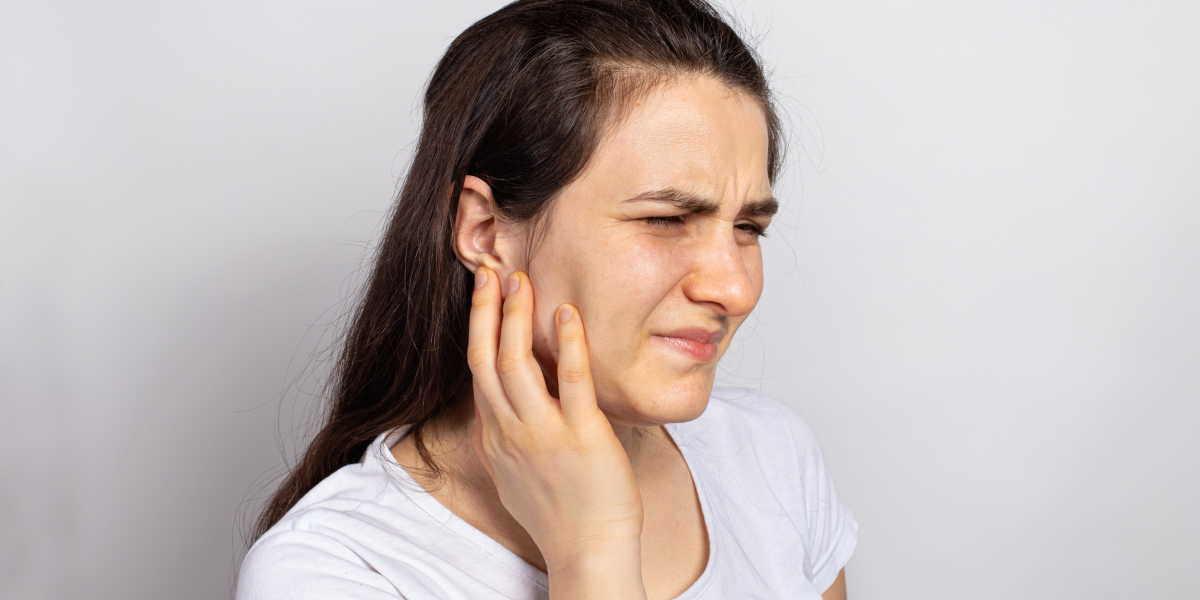Ear irritation / itching

About Course
Ear Irritation and Itching:
Itching or irritation in the ear is a common complaint and can be caused by a variety of factors. The ear canal is sensitive, and its lining is susceptible to dryness, infections, allergies, and other irritants. While occasional itching in the ear can be harmless, persistent or severe itching may indicate an underlying issue that requires attention.
Common Causes of Ear Itching/Irritation:
-
Dry Skin (Xerosis):
- Cause: Dry skin in the ear canal can lead to irritation and itching. This may occur due to low humidity, frequent washing, or certain skin conditions like eczema or psoriasis.
- Symptoms: Flaky or dry skin in the ear canal, mild itching, and occasional discomfort.
- Treatment: Applying a small amount of mineral oil or ear drops designed for dry skin may help. It’s also important to avoid excessive cleaning, which can exacerbate dryness.
-
Earwax Buildup:
- Cause: When earwax (cerumen) accumulates, it can cause itching, a feeling of fullness, and discomfort in the ear. Sometimes, the wax can dry out and irritate the ear canal.
- Symptoms: A feeling of fullness in the ear, muffled hearing, and persistent itching.
- Treatment: Earwax buildup can usually be addressed with over-the-counter ear drops to soften the wax. If symptoms persist, it’s best to consult a doctor for safe ear cleaning.
-
Ear Infections:
- Outer ear infection (Otitis Externa): This is often referred to as “swimmer’s ear” and is a bacterial or fungal infection of the outer ear canal, often caused by moisture or water exposure.
- Middle ear infection (Otitis Media): An infection behind the eardrum that may also cause itching, although it’s more commonly associated with pain and fluid drainage.
- Symptoms: Itching, pain, redness, swelling, fluid drainage, and discomfort.
- Treatment: Ear infections may require antibiotic or antifungal ear drops or oral medications prescribed by a doctor. Keeping the ear dry and avoiding water exposure during treatment is crucial.
-
Allergic Reactions:
- Cause: Allergies to substances like pollen, dust, or pet dander can lead to itching in the ears, especially if they affect the skin or ear canal.
- Symptoms: Itchy ears, redness, swelling, or a feeling of fullness, often accompanied by other allergy symptoms like sneezing, nasal congestion, or watery eyes.
- Treatment: Over-the-counter antihistamines or allergy medications can help alleviate symptoms. Avoiding allergens and using ear protection if necessary can also prevent irritation.
-
Skin Conditions (Eczema, Psoriasis):
- Cause: Skin conditions like eczema or psoriasis can affect the skin of the ear canal, leading to dryness, flaking, redness, and itching.
- Symptoms: Dry, flaky, or scaly skin in the ear canal, itching, and possible discomfort.
- Treatment: A doctor may recommend prescription-strength creams or ointments to treat skin conditions, or ear drops to reduce inflammation. It’s important not to scratch the ear, as this can worsen the irritation.
-
Injury or Trauma:
- Cause: Injuries to the ear canal, such as scratching the ear with a cotton swab or inserting objects into the ear, can cause irritation, inflammation, and itching.
- Symptoms: Itching or pain in the ear, sometimes accompanied by bleeding or fluid drainage.
- Treatment: If an injury is suspected, it’s important to avoid further irritation. A healthcare provider can examine the ear and recommend appropriate treatment.
-
Foreign Objects:
- Cause: Inserting foreign objects (like cotton swabs, earphones, or other items) into the ear canal can cause irritation or itching, as well as potential injury.
- Symptoms: Itching, discomfort, or pain, often accompanied by a sense of something being stuck in the ear.
- Treatment: If a foreign object is lodged in the ear, it’s essential to see a healthcare professional for removal to avoid injury.
-
Mites or Lice:
- Cause: While rare, tiny mites or lice can infest the ear, leading to severe itching and discomfort.
- Symptoms: Intense itching, visible irritation or redness, and possibly seeing small creatures or debris in the ear.
- Treatment: If mites or lice are suspected, consult a doctor for appropriate treatment, which may include medicated ear drops or topical treatments.
Prevention and Care:
- Avoid inserting objects into the ear: Inserting cotton swabs or other objects into the ear can lead to irritation, injury, or wax buildup. Only clean the outer ear with a soft cloth.
- Keep ears dry: If you’re prone to swimmer’s ear or ear infections, ensure your ears stay dry by using earplugs while swimming or drying your ears thoroughly after exposure to water.
- Moisturize if needed: If dry skin is causing itching, a few drops of mineral oil, baby oil, or ear-specific moisturizing drops can help hydrate the ear canal.
- Use allergy medications: If allergies are the cause of ear irritation, taking antihistamines or using nasal sprays may help prevent symptoms.
- Regular check-ups: If you experience persistent itching or discomfort, it’s a good idea to see a healthcare provider to rule out infections or other conditions.
When to See a Doctor:
If ear irritation or itching persists or is accompanied by symptoms such as severe pain, fluid drainage, fever, hearing loss, or swelling, it’s important to see a doctor. These could be signs of an infection or another underlying condition that requires medical attention.
Ear irritation can be uncomfortable, but with the right care and treatment, most causes can be managed effectively. Avoid scratching or inserting objects into the ear to prevent further damage and promote healing.
Course Content
How Ear irritation / itching occurs
How to solve Ear irritation / itching
6-Month Detailed Exercise Plan for Ear Health
6-Month Ear Healing Diet Plan
White noise for sleep
Sound to heal Ear irritation / itching
Student Ratings & Reviews
